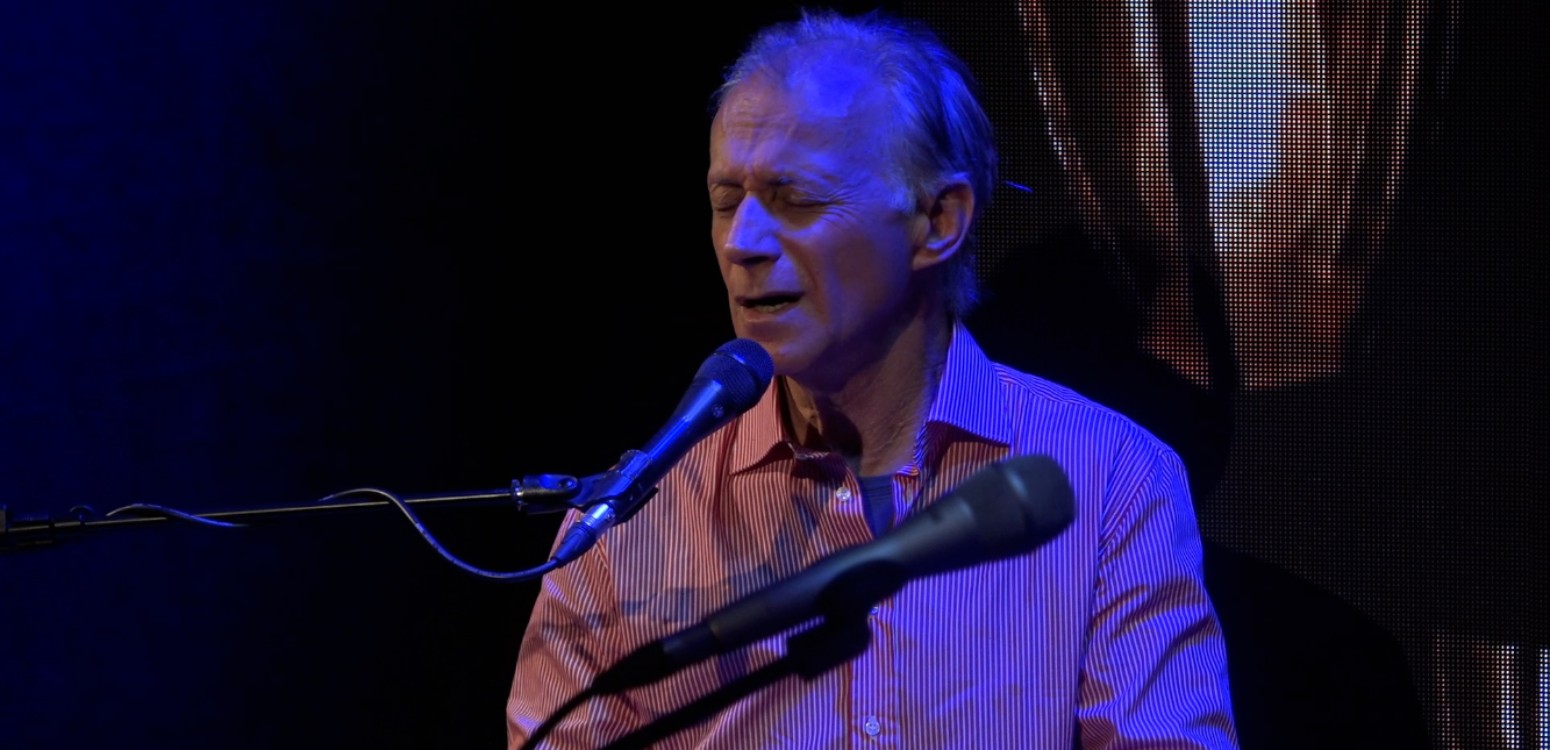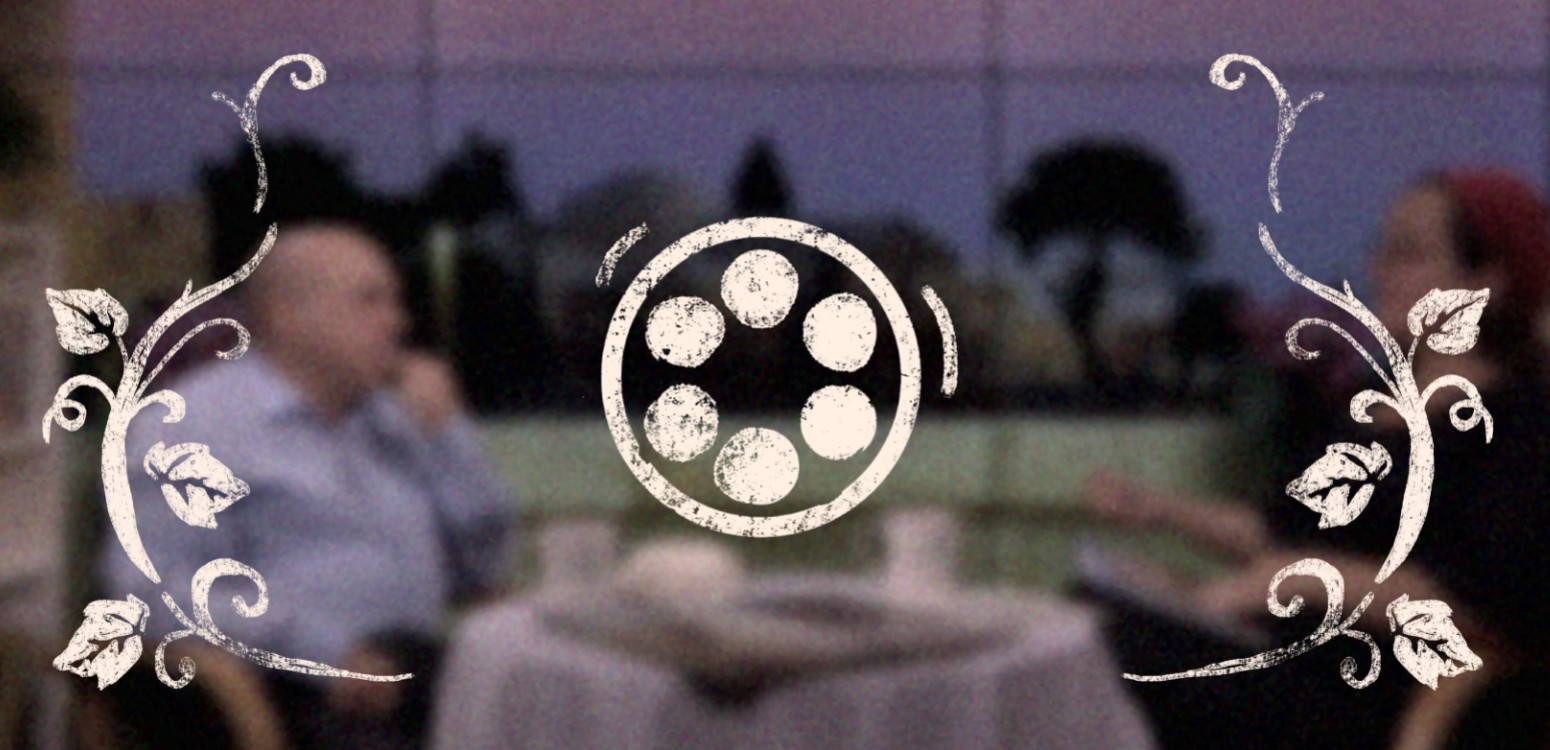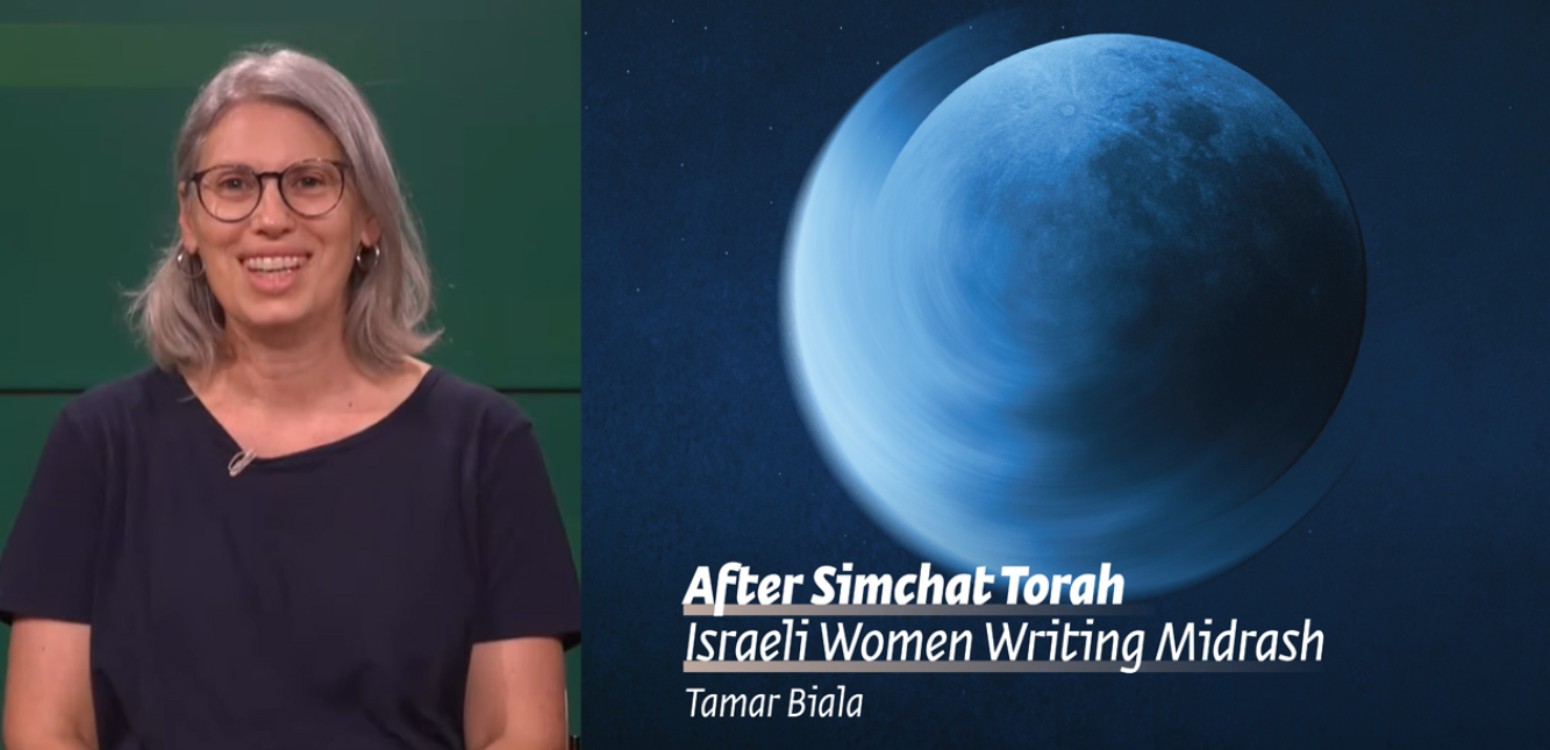
Why do we follow rules we don’t understand? From the mysterious red heifer ritual to modern military operations, this exploration of ancient wisdom reveals how the nation that rules over its soul like a lion faces its greatest battles not on external battlefields, but within the human heart
We all remember the childhood feeling of being expected to follow rules that we don’t understand; and even in adulthood we are sometimes required to do so. In the realm of faith, compliance with laws and customs that seem arbitrary or outdated is pronounced. The Torah presents us with commandments that speak to our moral intuition alongside others that appear utterly mysterious. Among the most enigmatic is the ritual of the red heifer, a ceremony so strange that even King Solomon, renowned for his wisdom, confessed his inability to comprehend it. Yet perhaps it is precisely in grappling with the incomprehensible that we discover something profound about the nature of commitment, courage, and what it truly means to “overcome like a lion.”
You have no right to criticize it
“This is the ordinance of the Torah that the Lord has commanded: Instruct the Israelite people to bring you a red heifer without blemish, in which there is no defect and on which no yoke has been laid. You shall give it to Eleazar the priest. It shall be taken outside the camp and slaughtered in his presence. Eleazar the priest shall take some of its blood with his finger and sprinkle it seven times toward the front of the Tent of Meeting. The cow shall be burned in his sight – its hide, flesh, and blood shall be burned.” (Numbers 19:2-5)
The verses go on to explain at length the commandment of the red heifer and the laws of ritual impurity from the dead, which seem strange and incomprehensible. Regarding the words “This is the ordinance of the Torah,” Rashi wrote: “Because Satan and the nations of the world taunt Israel, saying, ‘what is this command and what reason is there for it’, on this account it [Scripture] writes [uses] the term ‘ordinance’ about it, implying: ‘It is an enactment from before Me; you have no right to criticize it.’” (Rashi, ibid)
Two types of commandments and two types of good people
Jewish tradition divides Torah commandments into two categories: those whose logic we can grasp and those that remain mysterious. While Rambam believed hidden reasons exist for even the most puzzling laws, he recognized that we sometimes must act without understanding why.
This parallels another distinction Rambam draws between two types of righteous people. The first – “the continent person” – battles his impulses daily. He wants to steal but doesn’t, struggles to give charity but forces himself to do so anyway. The second – “the perfect righteous person” – feels no such inner conflict. Theft simply doesn’t tempt him; generosity flows naturally. Where one fights like a lion against his nature, the other has already transformed it.
Which is better?
Which type is superior? Rambam found himself caught between competing wisdom: philosophers favored natural virtue, while the Sages praised those who struggle and overcome. His brilliant resolution: both are right, but they’re talking about different situations.
For commandments with clear moral logic – like “you shall not murder” – the naturally virtuous person wins. We’d hardly praise someone who constantly fantasizes about killing but restrains himself. Better to be genuinely compassionate from the start.
But for mysterious ordinances like the red heifer? Here the self-controlled person takes the lead. It would be bizarre to feel passionate about burning a red cow. When we can’t understand the “why,” we’re simply called to rule our souls and obey.
The ultimate battlefield is within
This framework illuminates Operation Rising Lion’s name in Hebrew: Am Kelavi – meaning “a nation like a Lion.” The phrase comes from Balaam’s reluctant blessing of Israel: “Behold, the people shall rise up as a great lion, and lift up himself as a young lion: he shall not lie down until he eat of the prey, and drink the blood of the slain” (Numbers 23:24).
But what kind of lion? Commentators split between physical and spiritual interpretations. Some see military courage – a people who rise to defeat enemies when necessary. Rashi, for example, wrote: “When they rise from their sleep in the morning they show themselves strong as a lioness and as a lion to ‘snatch at’ the Divine precepts [to perform them immediately] – to clothe themselves with the Tallith, to read the Shema and to lay Tephillin” (Rashi, ibid). The real enemy isn’t external. It’s ourselves – our inclinations that resist doing what is right. This is why the Shulchan Aruch opens with: “One should strengthen himself like a lion to get up in the morning to serve his creator.” The ultimate battlefield is within.
Perhaps the two interpretations of the lion must be brough together. Yes, we rise with courage to face external enemies. But even in the heat of battle, we face an equally fierce opponent: the temptation to abandon moral restraints when victory seems to justify any means. Here too we must be lions – not just in attacking foes, but in attacking our own impulses to ignore the very laws that define us. Sometimes the greatest act of strength is following rules we don’t fully understand, trusting that some wisdom transcends our immediate comprehension. In war as in worship, the lion’s roar begins within.
Lior Tal Sadeh is an educator, writer, and author of “What Is Above, What Is Below” (Carmel, 2022). He hosts the daily “Source of Inspiration” podcast, produced by Beit Avi Chai.
For more on the meaning of Am Kelavi, listen to this episode of “Source of Inspiration” (in Hebrew).
For more insights into Parashat Chukat, listen to this episode of “Source of Inspiration”
Translation of most Hebrew texts sourced from Sefaria.org
Main Photo: created using AI
Also at Beit Avi Chai





















